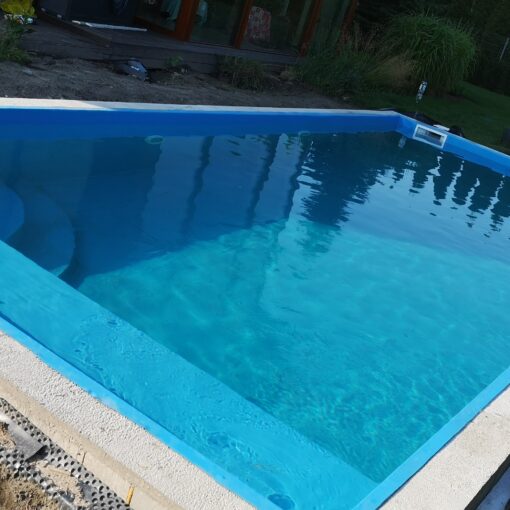(The wait for P.C.R. COVID nasal spray is declared effective in researches. clearance to collect nasal swab specimens. But people should be cautious about interpreting negative results, especially when they have symptoms or believe they may have been exposed to the virus. (2021). (function (w, d, s, o, f, js, fjs) { While the findings of the study encourage patients who use intranasal corticosteroids chronically to continue to do so as needed, it does not suggest that intranasal corticosteroids should be used to treat or prevent COVID-19 in any way. A Pilot Study of 0.4% Povidone-Iodine Nasal Spray to Eradicate SARS-CoV-2 in the Nasopharynx. (2021). First published on September 28, 2021 / 6:11 PM. Collecting samples of saliva, or swabbing the inside of the mouth, could help identify people who are infected with the virus days earlier than nasal swabs do, some research suggests. Unable to load your collection due to an error, Unable to load your delegates due to an error. NP swabs for qPCR analysis were taken at baseline, 1-hour post-PVP-I spray (two sprays/nostril), and 3 days post-PVP-I spray (20 sprays/nostril). In addition to countering SARS-CoV-2, Xlear (COVID nasal spray)is likely effective in preventing the spread of future H1N1 viruses, including the emerging SARS-CoV-2 variants, along with other viral epidemics. Researchers supported in part by the National Institute of Allergy and Infectious Diseases (NIAID) have developed a nasal spray that has the potential to not A few of the nasal spray vaccines being studied use viruses different from SARS-CoV-2 to trigger an immune response. NEW YORK (CBSNewYork) -- There was a surprising finding in a new study that shows certain nasal sprays used by millions of people may actually protect against severe COVID-19. That will require randomized clinical trials, which he hopes will come soon. Joe Zein, M.D, Ph.D., a pulmonologist at Cleveland Clinic and Ronald A. Strauss, M.D., an allergist-immunologist and Director of the Cleveland Allergy and Asthma Center, and colleagues at Cleveland Clinic followed 72,147 COVID-19 positive individuals, ages 18 years and older, within the Cleveland Clinic health system from April 1, 2020, to March 31, 2021.

